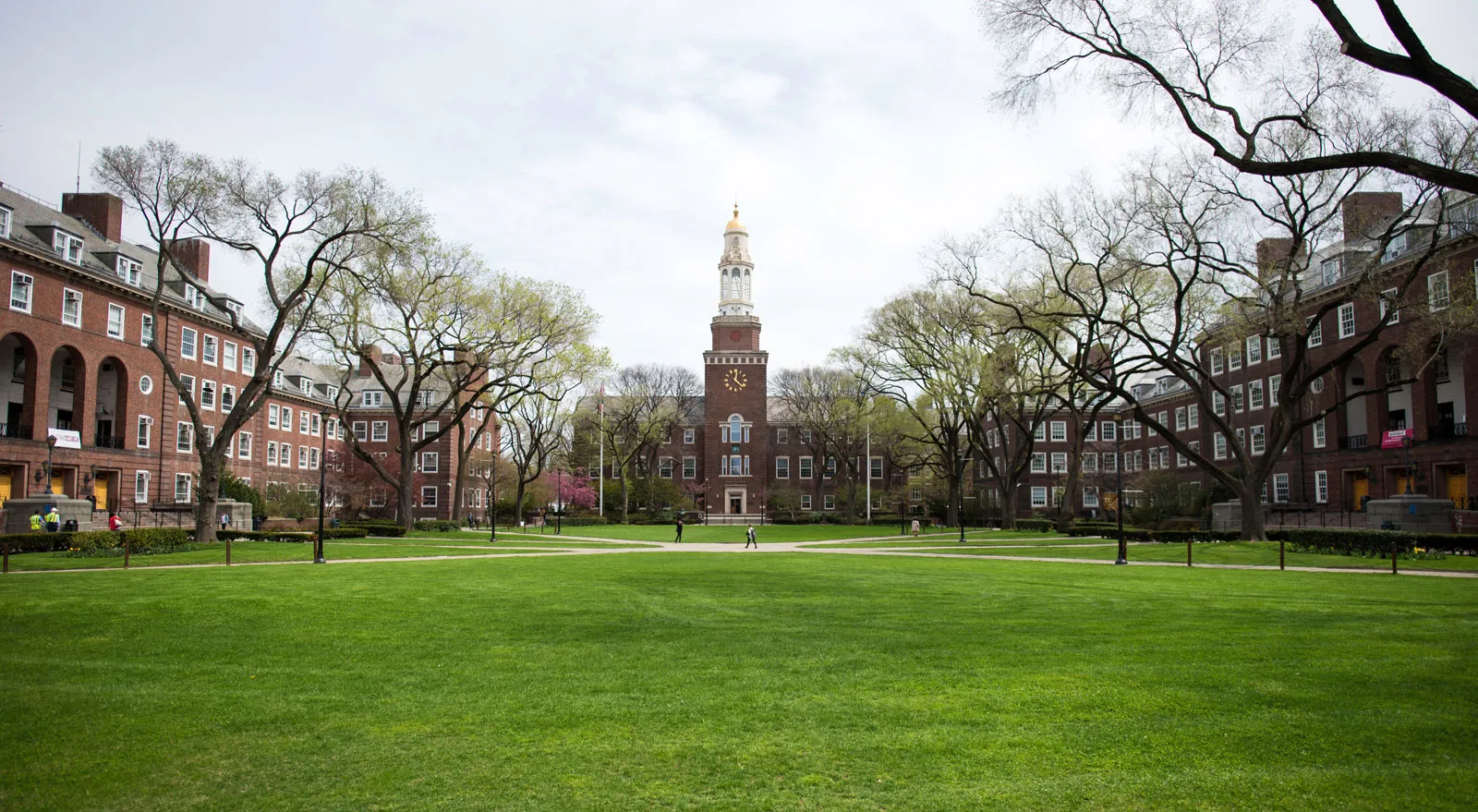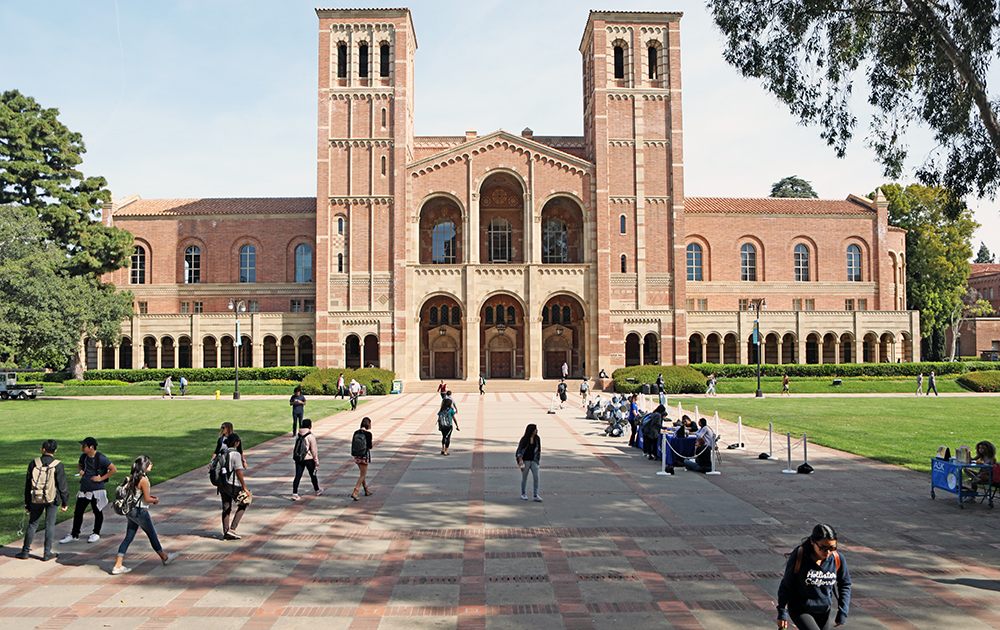The rising cost of college tuition has become a significant financial burden for many families. With the average cost of tuition and fees continuing to climb, students are often faced with the prospect of substantial student debt. This financial strain can deter many from pursuing higher education. However, a growing number of colleges and universities are offering free tuition programs, making it possible for students to attend college without the heavy burden of tuition costs. This article aims to highlight 17 colleges that offer tuition-free options, providing a pathway to a debt-free education.
Public Colleges with Tuition-Free Programs
City University of New York (CUNY) System

The City University of New York (CUNY) system offers the Excelsior Scholarship, which covers tuition for eligible New York State residents. This program ensures that full-time students who meet specific income thresholds can attend college without paying tuition. To qualify, students must reside in New York State, attend a SUNY or CUNY two- or four-year college, complete 30 credits per year, and plan to live and work in New York following graduation for the length of time they received the scholarship.
University of California (UC) System

The University of California (UC) system’s Blue and Gold Opportunity Plan is designed to cover tuition and fees for California residents whose families earn less than $80,000 annually. This program provides a significant opportunity for students to receive a tuition-free college education. To be eligible, students must meet the university’s admission requirements, complete the FAFSA or California Dream Act Application, and demonstrate financial need.
University of North Carolina at Chapel Hill

The Carolina Covenant at the University of North Carolina at Chapel Hill offers a promise to low-income students that they can graduate debt-free. The program covers tuition, fees, room, board, and books for students from families with an income at or below 200% of the federal poverty level. This initiative provides an invaluable opportunity for students to attend college without the financial burden of tuition.
University of Washington

The Husky Promise at the University of Washington guarantees that full tuition and standard fees are covered for eligible Washington State residents. To qualify for this tuition-free program, students must meet certain income requirements, complete the FAFSA or WASFA, and maintain satisfactory academic progress. This initiative ensures that financial barriers do not prevent students from achieving their educational goals.
Private Colleges with Tuition-Free Programs
Berea College (KY)
Berea College is renowned for providing all admitted students with full-tuition scholarships. In addition to their academic responsibilities, students are required to work at least 10 hours per week in campus and service jobs. This work-study program helps cover room, board, and additional expenses, making it possible for students to attend college without paying tuition.
College of the Ozarks (MO)
College of the Ozarks operates on a work-study model where students work on campus 15 hours per week and during breaks to cover tuition and fees. This unique approach allows students to receive a tuition-free education while gaining valuable work experience. The college’s commitment to providing a debt-free education makes it a standout choice for students seeking a tuition-free college experience.
Curtis Institute of Music (PA)
The Curtis Institute of Music offers full-tuition scholarships to all accepted students, regardless of their financial need. This policy allows students to focus entirely on their musical education without the stress of financial burden. Curtis Institute’s dedication to providing a tuition-free education to its students is a testament to its commitment to nurturing musical talent.
Deep Springs College (CA)
Deep Springs College is a unique, two-year institution that offers full scholarships to all students. The college operates on a self-governing model, where students engage in manual labor, community governance, and rigorous academics. This comprehensive approach ensures that students receive a well-rounded education without the burden of tuition costs.
Alice Lloyd College (KY)
Alice Lloyd College requires students to work 10-20 hours per week in various campus jobs to pay for tuition. The college’s mission is to prepare leaders for Appalachia by providing a high-quality education and practical work experience. This tuition-free program allows students to attend college and gain valuable skills without the financial strain of tuition costs.
Blackburn College (IL)
Blackburn College is another institution where all students participate in the Work Program, contributing 10 hours per week in exchange for tuition assistance. This model helps students gain valuable work experience while reducing their educational costs. Blackburn College’s commitment to providing a tuition-free education makes it an attractive option for students seeking to minimize their financial burden.
Warren Wilson College (NC)
Warren Wilson College integrates work, service, and academics in a unique educational model. Students work on campus 10-20 hours per week in exchange for tuition credits, making education affordable and experiential. This tuition-free program allows students to attend college and engage in meaningful work and service.
Work Colleges
Berea College (KY)
Berea College, previously mentioned under private colleges, also qualifies as a work college due to its extensive work-study program. The college’s commitment to providing a tuition-free education through student labor is a cornerstone of its mission.
College of the Ozarks (MO)
College of the Ozarks, also listed under private colleges, is highlighted again as a work college. Its rigorous work-study requirements ensure that students can graduate without the burden of debt, making it a leading example of a tuition-free college.
Sterling College (VT)
Sterling College is dedicated to environmental stewardship and sustainability. Students work on campus and in the surrounding community to help cover tuition costs while gaining hands-on experience in fields such as agriculture, forestry, and conservation. This tuition-free program provides students with a practical education that extends beyond the classroom.
Military Academies (Tuition-Free with Service Commitment)
United States Air Force Academy (CO)
The United States Air Force Academy offers a fully funded education to cadets in exchange for a commitment to serve in the Air Force upon graduation. Cadets receive free tuition, room, board, and a monthly stipend, making it possible to attend college without financial strain.
United States Coast Guard Academy (CT)
The Coast Guard Academy provides a tuition-free education to all cadets, who commit to serving in the Coast Guard for at least five years after graduation. The academy focuses on developing leaders for the service, offering a comprehensive education without the burden of tuition costs.
United States Military Academy (West Point, NY)
West Point offers a fully funded education to cadets, including tuition, room, board, and medical and dental care. In return, cadets commit to serving in the Army for a minimum of five years after graduation. This tuition-free program provides students with a rigorous education and leadership training.
Additional Colleges with Generous Financial Aid
While not entirely tuition-free, several colleges offer substantial need-based aid that can make tuition effectively free for many students. These institutions include:
- Harvard University (MA): Harvard provides generous financial aid, making it tuition-free for families with incomes below $75,000.
- Princeton University (NJ): Princeton offers extensive need-based aid, potentially eliminating tuition costs for many students.
- Yale University (CT): Yale has a generous financial aid program, including full-tuition scholarships for families earning below $75,000.
- Stanford University (CA): Stanford provides significant need-based aid, covering tuition for families with incomes below $75,000.
The Future of Free Tuition
The landscape of tuition-free education is evolving, with more institutions exploring ways to reduce or eliminate tuition costs. Government initiatives, philanthropic efforts, and institutional endowments play crucial roles in expanding access to higher education. As awareness grows and more colleges adopt tuition-free models, the dream of a debt-free education may become a reality for more students.
The rising cost of college tuition has made higher education a significant financial challenge for many families. However, tuition-free colleges offer a viable solution for students seeking to avoid the burden of student debt. From public universities with state-funded scholarships to private colleges with unique work-study programs, these institutions provide opportunities for students to pursue their academic goals without financial strain.
When considering tuition-free colleges, it’s essential to research individual programs, eligibility requirements, and additional costs such as room and board. By exploring these options, students can find the best fit for their needs and take advantage of the benefits of a tuition-free education.
Ultimately, the potential of tuition-free colleges to make education more accessible and equitable cannot be overstated. As the movement towards affordable higher education continues to grow, more students will have the opportunity to achieve their dreams without the burden of debt.









